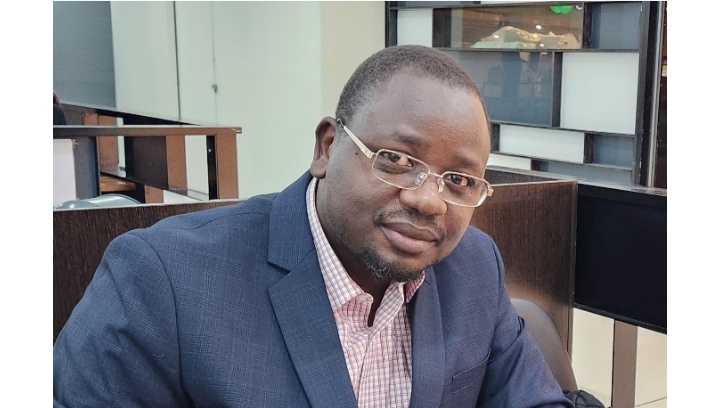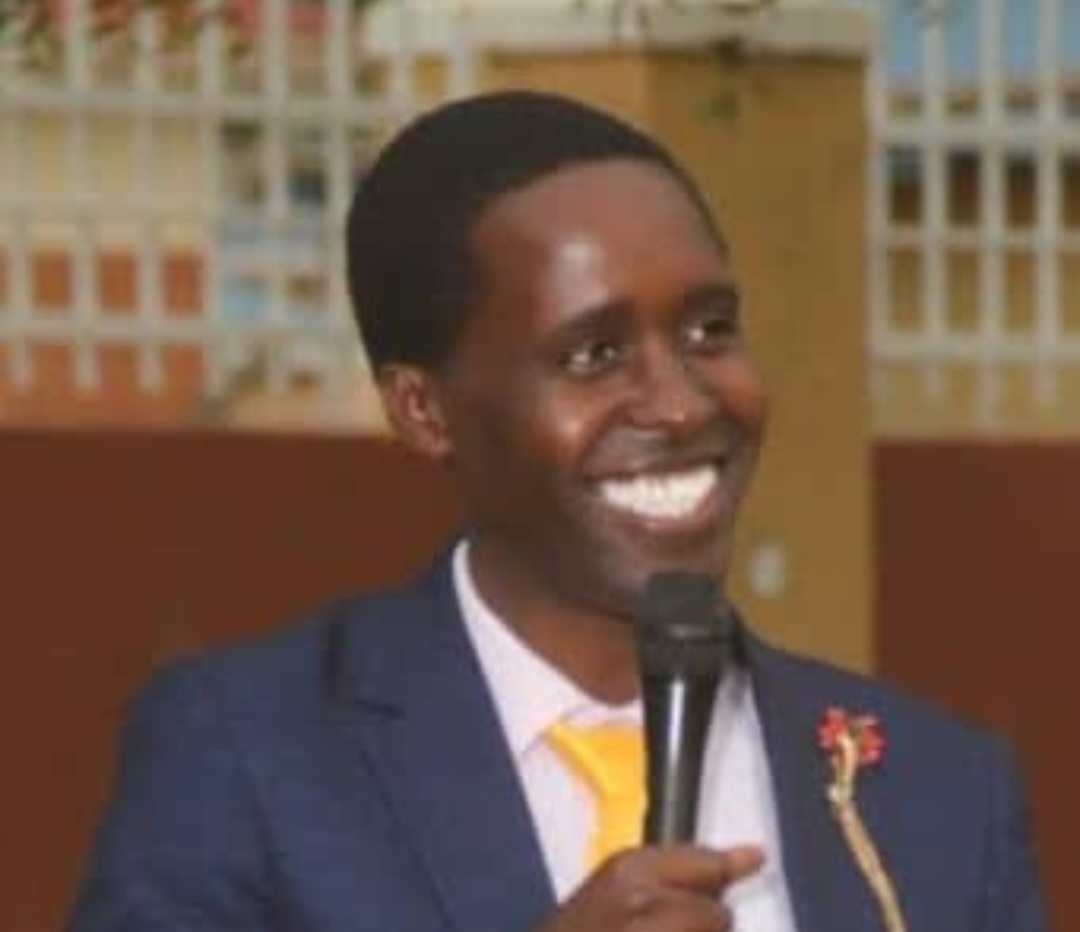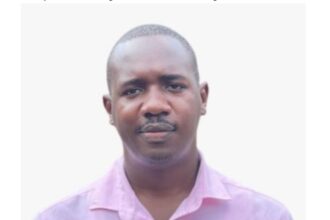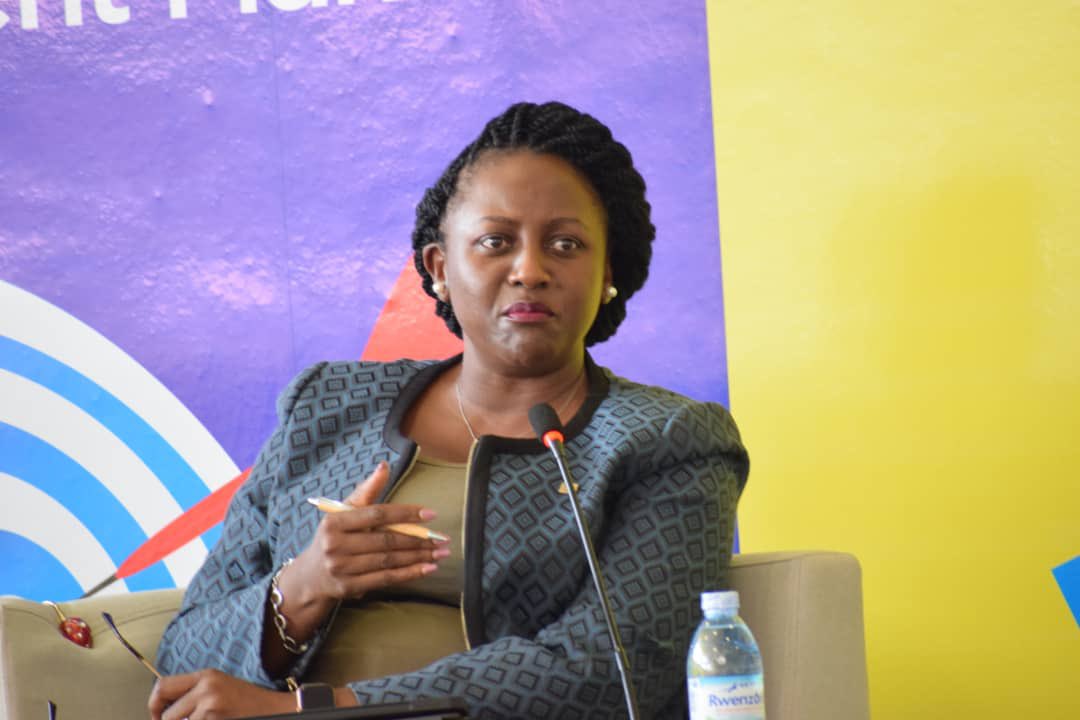In his recent address during the World Bank’s International Development Association (IDA)- Africa Heads of State summit held in Nairobi, Kenya, President Yoweri Museveni made an impassionate call on what has become a watershed of his presidency – Ekibaaro (a calculation on production for consumption and the market). He underscored; Uganda is a very rich country but one of the problems we were having is that most people were outside the money economy, they were only producing for eating so I was looking for money to give coffee seedlings to this group so that they can start producing for the economy but I could not get money from anybody because the loans are for capacity building, but we funded it ourselves. Each year we spend 300 million USD of our own to make these villagers join the money economy by producing for the stomach and the pocket.”
Yoweri Museveni’s call and commitment to financial inclusion as a cornerstone for poverty reduction should be welcomed as a supplement to established approaches to solving social concerns such as poverty and inequality. Financial inclusion significantly influences wealth development, poverty alleviation, and social protection among a millions of Ugandans. An inclusive financial system is desired because it allows all individuals, especially the poor, to access and transfer cash, increase wealth, and decrease risks. Individuals who were previously financially excluded will be able to invest in education, save, and start enterprises, contributing to poverty reduction and economic progress (Bruhn & Love, 2014).
There are empirical data that recognizes financial inclusion as a tool that may aid in financial development, economic growth, income inequality reduction, and lifting millions out of poverty (Beck et al., 2009; Demirguc-Kunt et al., 2018). According to Allen et al. (2016), one of the key benefits of financial inclusion is boosting account ownership and credit access for individuals, allowing them to spend money on consumption, savings, education, and health care for their families.
Based on the empirical findings, (Kim et al., 2018) discovered that financial inclusion has a beneficial influence on economic growth. According to the panel Granger causality tests, the IFRs findings from the panel VAR analysis imply that financial inclusion has a positive influence on economic development and that financial inclusion and economic growth have reciprocal causalities.
It is important to note that direct access and use of financial resources is not the only way for people to benefit from financial inclusion; there are also indirect benefits such as consumption smoothing and being cushioned from shocks such as natural disasters like the current floods ravaging Bukedea district, and other economic challenges.
According to Han and Melecky (2013), financial inclusion provides several advantages for low-income families. It allows low-income people to save for the future, promoting personal financial stability and a high level of utilization of bank deposits, which adds to banks having a more solid deposit base during difficult times. In Uganda, financial inclusion may have a potential to lead to economic advantages because people with access to formal financial services can engage in education and entrepreneurial activity, which can help to alleviate poverty and boost income.
Pillar three of the parish development Model (PDM).
Pillar three of the PDM envisions access to affordable financial services – especially micro credit and insurance to broaden livelihood opportunities and empower millions of the poor to take charge of their lives. Such empowerment, is envisaged, will facilitate socio-economic transformation.
The central argument is that if the poor can obtain lumpsums of money in order to take advantage of opportunities as they arise, their quality of life will significantly improve. Undeniably, financial access remains a structural barrier faced by millions of the poor- both in urban and rural areas (Hulme, 2000). Buying a house, paying school fees, or building a microenterprise requires an accumulation of capital that a poor household might not be able to achieve on its own, even when the payoff for doing so might be noteworthy! This makes the microcredits of the PDM, a unique and interesting approach to poverty reduction.
Theoretical premise of the micro credit/entandikwa/egeunes
The basic premise of the micro credit under the PDM is that the poor are intelligent enough, to make plausible financial decisions. This is an idea that numerous scholars and policy practitioners have embraced recently. Amartya Sen (1999), argued on many occasions, freedom is key for development. Sen underlined that true development occurs when people in poor countries are given the opportunity to pursue their own best interests. Once people have the freedom to pursue their personal political interests, as in a democracy, they choose leaders who champion their causes. In the same dimension, people who have the freedom to access financial services, to borrow money in order to start or expand a microenterprise, they will operate more efficiently, and improve their quality of life and their own productivity. After all, nearly everybody and virtually every country was dismally poor just a few hundred years ago, relative to today’s standards (Easterly 2001). Many of them were able to rapidly increase their incomes rather quickly at some point.
It seems reasonable, then, to hypothesize that peasants in Akadot village in rural Eastern Uganda might be able to do the same when the constraints on their socio-economic productivity are assuaged. The Microcredits is an attempt to alleviate what might be a constraint for millions of the rural poor by providing them opportunities to expand their growth potential beyond what their present incomes permit.
Limitations
As noted earlier, financial inclusion has been cited as a way to facilitate people to “walk themselves out of poverty”. In order to analyze this claim, it is important to understand the factors that contribute to poverty and the nuances of how microcredits (egeunes in Ateso) may or may not address poverty in rural Uganda.
Understanding the difference between poverty alleviation and poverty reduction is a critical hypothesis for simplifying a broader understanding of how far Pillar three of the PDM will go in achieving socio-economic transformation; while poverty alleviation is the short term improvement of the capital endowments of the poor, poverty reduction is the long-term elimination of the dependency of the poor on social relations and vulnerability, in the context of shifting socioeconomic conditions.
Although micro credit has been linked to empowerment and household socioeconomic benefits, it is important to underline the fact that the goal of the credit is to increase the incomes of the recipients, and ultimately, poverty reduction. Whereas low incomes are a central feature of poverty, conceptualizing poverty primarily in income terms with limited consideration of the context, structural conditions, and social relations at play in the cause and effect of poverty, has been the hugest failure of several socio-economic development policies in the global south, particularly in rural Uganda – poverty is inadequately conceptualized.
Besides, financial access is not a sufficient condition to improve the livelihoods of the poor” (Mahajan, 2007). The provision of microcredit as a poverty reduction approach in a market economy is premised on broadening incomes through the pursuit of socio-economic activities, to be converted to asset building over an extended period of time. However, micro credit is not really an asset-building approach as it’s likely to be a single intervention of a small loan for a short duration, with a strong emphasis on repayment (presently two years), often insufficient to facilitate a household to construct an escape pathway out of poverty.
Equally, the availability of credit does not necessarily translate to access to credit by all members of society. While the availability of a good or service is a prerequisite for people to have access to it, access also includes the ability to partake of it if desired. In economic terms, while the availability of a good or service is supply-driven, access is a function of both supply and demand. Consequently, while analyzing whether the microcredit will lead to financial inclusion, it is imperative for the government to continue exploring whether the right people will have access to it. Likewise, from a political economy perspective, it is important to go a step further and examine who has access to it, who doesn’t and why not. Indeed, studies suggest that micro credits do not always reach the ‘poorest of the poor and tend to benefit people that are well off (Harper, 2002).
Although the MC have been found to be an effective platform for poverty reduction in some cases, the World has learned considerably since Professor Yunus began making micro-loans in 1974, but there are still gaps about which we have little empirically substantiated understanding.
The author is a Facilitator of Master of Transformational Development, Eastern College, Melbourne, and Global Learning Facilitator, Torrens University Australia.
Email; sariong@eastern.edu.au
Do you have a story in your community or an opinion to share with us: Email us at Submit an Article








